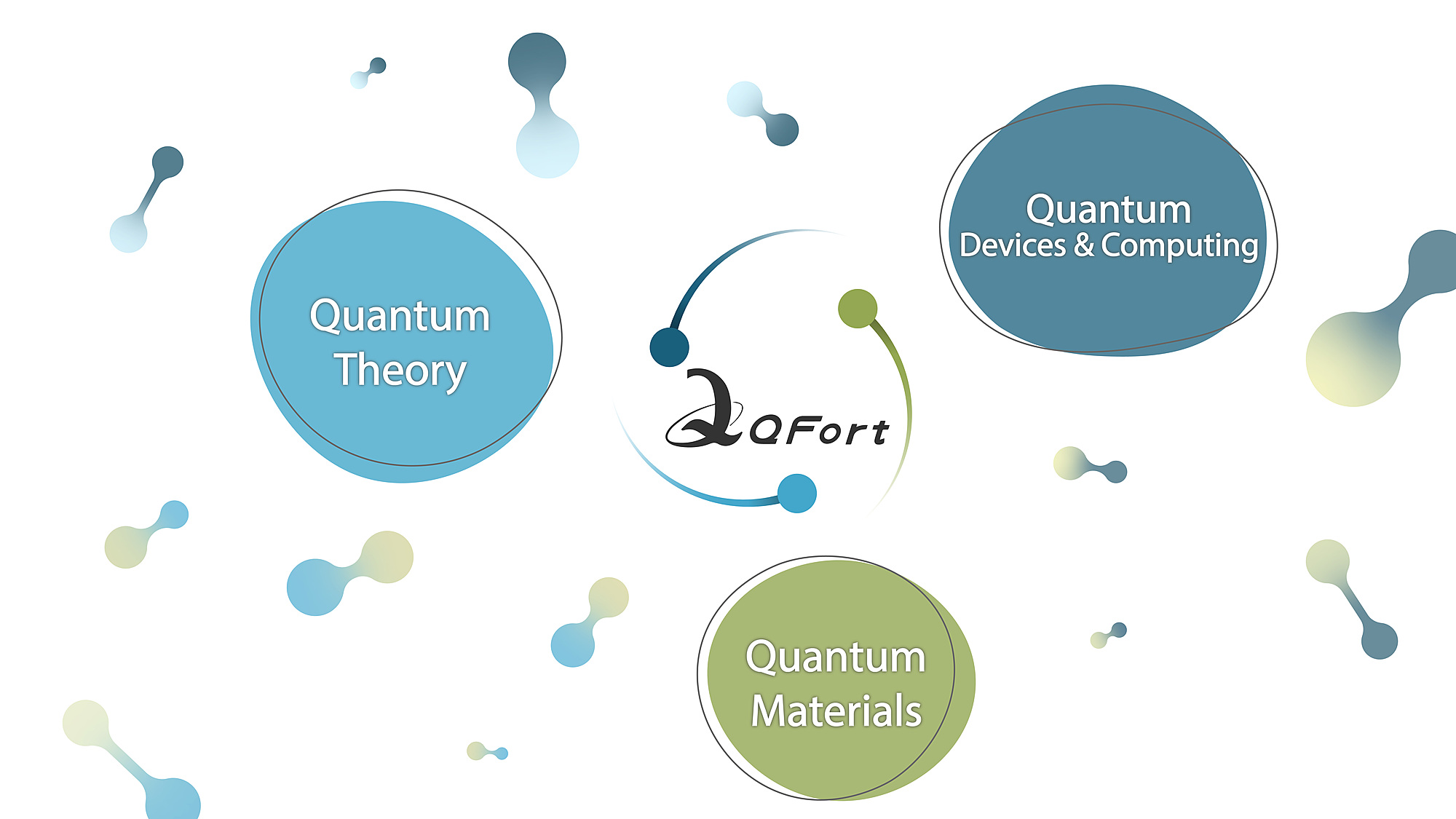Research Overview
Quantum technology, particularly quantum information science and the development of future electronics, is considered to be one of the major technologies that would totally change human life and lead us into the Fourth Industrial Revolution. It lies at the heart of many future technologies because most of the future technologies – for example, the artificial intelligence (AI), the internet of things (IoT), and their future development and potential – are all based on and limited by the power of computation and communication. It is believed that only the quantum information processing can fully allow AI and other relevant technologies to achieve their potential or even revolutionize them. We are now entering the era of the so-called second quantum revolution, where many intriguing quantum properties such as superposition, entanglement and nonlocality can be utilized to develop new technologies. Implementation of these quantum technologies combines a wide range of research, from the quantum theory and algorithms to all aspects of quantum engineering in materials, devices, architectures, etc.
Over the past decade, National Cheng Kung University (NCKU) has spent a lot of resources and manpower towards quantum science and technology. This investment has led to the finest research outcomes in Taiwan and a new research Center for Quantum Frontiers of Research & Technology (QFort). Quantum science and technology is a highly interdisciplinary field, associated with physics, nanotechnology, material science, electrical engineering, computer science, and so on. QFort at NCKU has successfully integrated outstanding scientists and engineers from different disciplines and different countries to serve as a research hub and facilitate the development of quantum technology.

Our Focus
Three main visions and five major research directions are identified as the core of QFort. Our visions include pursuing high-level research in fundamental science, technological innovations, and developing international networks and outreach. We focus on five strongly correlated research directions: (1) Theory for quantum information, (2) photons, (3) semiconductors, (4) quantum emerging materials & devices, and (5) quantum sensing.
Quantum Theory
Quantum information theory is an interdisciplinary subject developed in the last century. It is not only one of the biggest driving forces behind the second quantum revolution, but also the driving force behind the prototype of...
Quantum Materials & Devices
Quantum materials constitute a research field characterized by high manipulation degrees of freedom and diverse physical properties. These materials leverage fundamental elements, such as spin, lattice, orbital, and charge inte...
Sensing
Quantum sensing uses quantum properties such as quantum interference, superposition, and entanglement to provide more accurate, stable, or even measurement advantages that some traditional sensing methods cannot achieve. Driven...
Photon
Photon is an essential medium for next-generation quantum technology. In this topic, we aim to realize high-resolution quantum imaging and photonic information translation, which is impossible by classical optical, based on the...
Semiconductor
The semiconductor electronics industry with a complete industrial ecosystem is the most advantageous industry in Taiwan and the lifeblood of our economy. The industrial development of quantum computers also needs semiconductor ...
Quantum tic-tac-toe
Quantum tic-tac-toe is a "quantum generalization" of tic-tac-toe in which the players' moves are "superpositions" of plays in the classical game. The game was invented by Allan Goff of Novatia Labs, who describes it as "a way o...
OEM
OEM : SEM and AFM 成功大學量子中心機台設備與費用列表 Qfort 儀器列表 代工收費費率 耗材收費 原子力顯微鏡 (AFM) 原價:NT$1200/hr 校內價:NT$450/hr ...